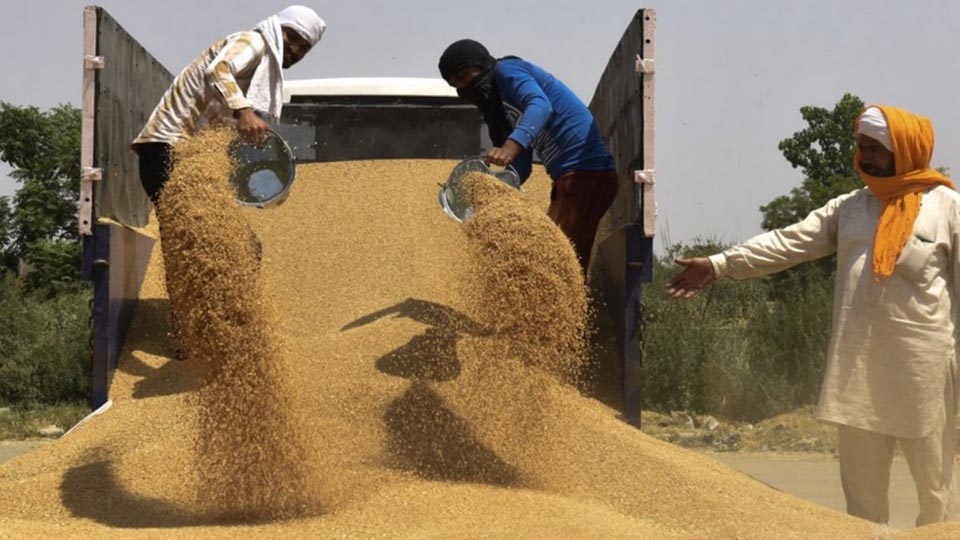
Effects from the El Niño phenomenon, notably crop damage, are becoming more apparent in various countries. In India, damage in the agriculture sector prompted the government to ban rice exports from July 20. The Thai Ministry of Commerce is meanwhile closely monitoring the global rice situation, with officials remaining confident that Thailand will be able to export more than 8 million tonnes of rice this year.
Permanent Secretary for Commerce Keerati Rushchano has ordered all related agencies to closely follow the rice situation. These include the Department of Foreign Trade, the Department of Internal Trade, Thai trade promotion offices abroad and commercial attaches.
This especially applies to agencies whose work is relevant to countries producing, exporting or importing rice. The agencies will assess information and trends pertaining to rice exports by major producers, as well as demand in various countries. The rice price and stockpile situation in Thailand and other countries will also be assessed. The permanent secretary expects a clearer picture of the global rice market to emerge within the next couple of weeks.
Keerati also assured that Thailand would not encounter a rice shortage, as it is a rice producing nation with excess amounts of rice for export. He noted India’s ban on rice exports will likely benefit Thai exports, which are now expected to exceed the 2023 target of 8 million tons. This would allow domestic prices to improve, to the benefit of paddy farmers.
Keerati further noted that the El Niño phenomenon is expected to last for 1-3 years and will likely impact Thailand’s rice production. The commerce ministry has discussed the matter with the Ministry of Agriculture and Cooperatives to make plans for mitigating the expected decline in production. (NNT)






